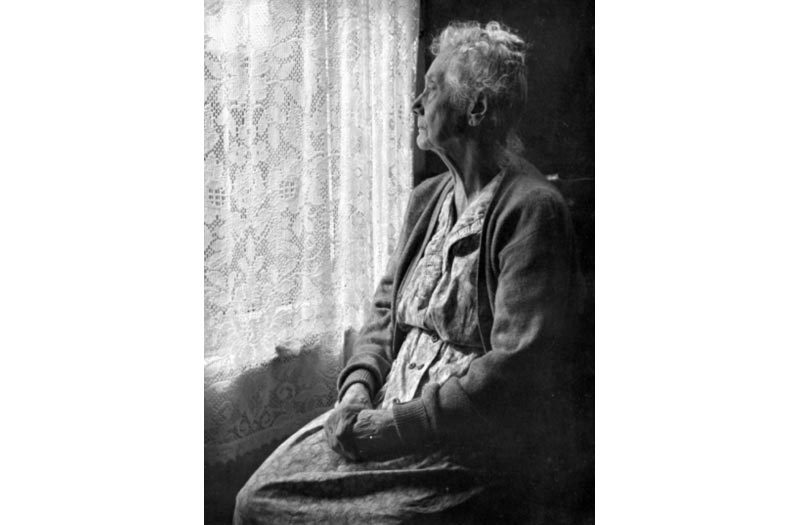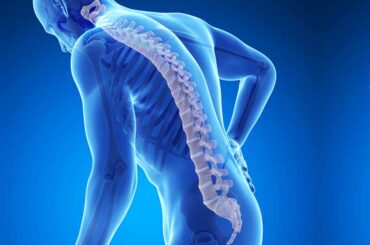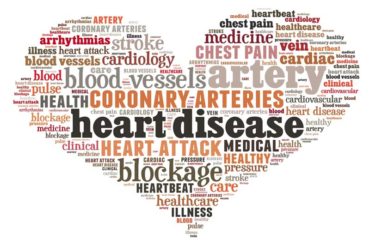Until recently, depression in seniors used to be dismissed as a symptom of aging, and was not associated with the disorder itself. It was generally taken more seriously in teenagers. However, recent studies proved that depression is not an ongoing part of anything. Rather, if an individual, regardless of age, is showing signs or symptoms of stress such as eating or sleep disorders, or feeling very tired and others; these are to be taken seriously, as the next step would be depression.
What is depression?
Depression is a mental disorder which causes emotional and physical problems. It was not recognized as a legitimate mental disorder until the mid 1800s, and from then on, numerous studies on this disorder widened the field of study and how it can be prevented, if not cured.
Can older adults have depression?
Contrary to general consensus in the past, older adults are at a higher risk of depression. As a person grows older, they notice more difficulties in their lives, and the sadness and frustration from it can make them feel empty. In cases where there is no one to take care of them or even show that they are not alone, the issue is further intensified. A problem cannot simply go away by itself, and if an older adult with depression is seen to with care and love, they can live a long and fulfilling life filled with love and self-satisfaction.
Symptoms of depression
Symptoms of depression can be recognized easily. However, it is better to observe first and then voice your opinion making the other person realize something they didn’t know. Not every person has the same symptoms but warning signs can make us wary of the situation our loved one is in. Symptoms such as:
- Listlessness
- Aches and pains in different parts of their body
- Frequent doctors visit without a diagnosis
- Inability to concentrate or think straight
- Insomnia or too much sleep
- Losing interest in the matters of people they care about
- Giving their things away
Methods of care
Firstly, one thing that irks most people is when depression is dismissed as laziness, sadness or boredom. Depression, being a recognized illness, is not something to be taken lightly, and can cause many problems for people who suffer from it.
Medical solutions
Most of the time, depression can be treated effectively with medicine and psychotherapy. Each medication is catered to a certain type of depressive state, so it is wise to go to a physician and get a prescription instead of self-diagnosing.
Offer support, be patient
Even knowing that there are loved ones around can help. Knowing that they are not a burden to you, and that there are people to help them and listen, is enough of a boost, even if they are not volunteering any information. Making the older adults in your life feel like a part of your family will give them the extra strength to fend off negative feelings. Be patient with them.
Treat them like royalty
Draw them into activities, even simple ones such as going out for a walk, making something or organizing outings. Make them realize that you trust them enough with a project.
Never ignore the symptoms
Symptoms such as talking about suicide indicate severe depression. If a loved one speaks of taking their life, immediately inform the doctor. Talking about it can help them out.
This article is brought to you by HealthConnect, a leader in Medical Alert systems offering three solutions to meet every need. Please contact us via email at info@HealthConnectInc.com, Twitter @HealthConnect00, call 800.262.3045 or visit our website at www.HealthConnectInc.com






